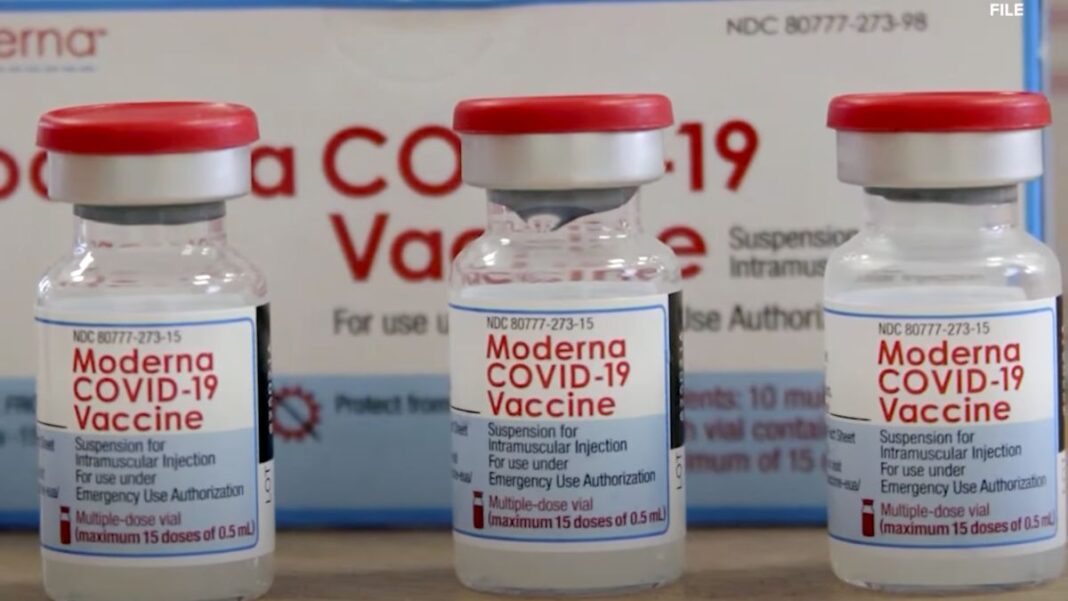Cancer is the second leading cause of death in the United States, right on the heels of heart disease.
In developed countries, the general consensus is that if you do not die of heart disease, then the next likely event is cancer.
In fact, most health experts expect that everyone will eventually develop, and likely die of cancer or a related complication—provided nothing else happens before then.
As a condition that is bound to haunt a significant proportion of the population, we have also been researching cures for it for hundreds of years.
So far, the earliest documented cases of cancer were made over 3,500 years ago. The first causes of cancer and anti-cancer therapy were also found over 200 years ago.
However, over 200 years later, exactly how effective are our drugs?
Effectiveness of Drugs
From 1991 to 2019, mortality rates from cancer fell by 32% as survival rates increased.
Drug regulatory agencies may drive the idea that these rates are dropping due to the approved pharmaceuticals on the market, yet studies suggest that we have to thank early prevention, detection, and improved cancer care organizations for increased survivability.
It should be noted that early prevention, detection, and other methods are also not perfect, and can also cause overdiagnosis and overtreatment. Some cancers progress slowly, and therefore increase the numbers on survivability.
In that case, how effective are cancer drugs?
A study evaluating 85 cancer drugs approved from 2006 to 2018 based on their response rate (RR)—how well the patient’s tumors respond to the drug—found the median RR was 41%. This meant that, at the median, only 41% of patients’ tumors responded to the drug. Breaking the results down, of these 85 approved drugs, 14 (16%) had an RR less than 20% and almost half (47%) had an RR less than 40%.
However, another study evaluating the 207 anti-cancer drugs approved between May 2016 to May 2021, found that 14% of these novel drugs displaced approved drugs used in standard first-line of car, meaning drugs that these newer drugs replaced previous standard lines of treatment.
The majority of the novel treatments were made as add-on treatments complementary to the main treatment(29%) or as alternatives (42%) if the initial treatment doesn’t work. This indicates that most novel cancer drugs are complementary, rather than a treatment that overturns the standard regime. Though some complementary treatments are beneficial, they also generate more cost for patients.
Further, studies on newly-launched cancer drugs suggest that, though newer drugs may have greater clinical benefits, they are also more toxic.
By Marina Zhang








